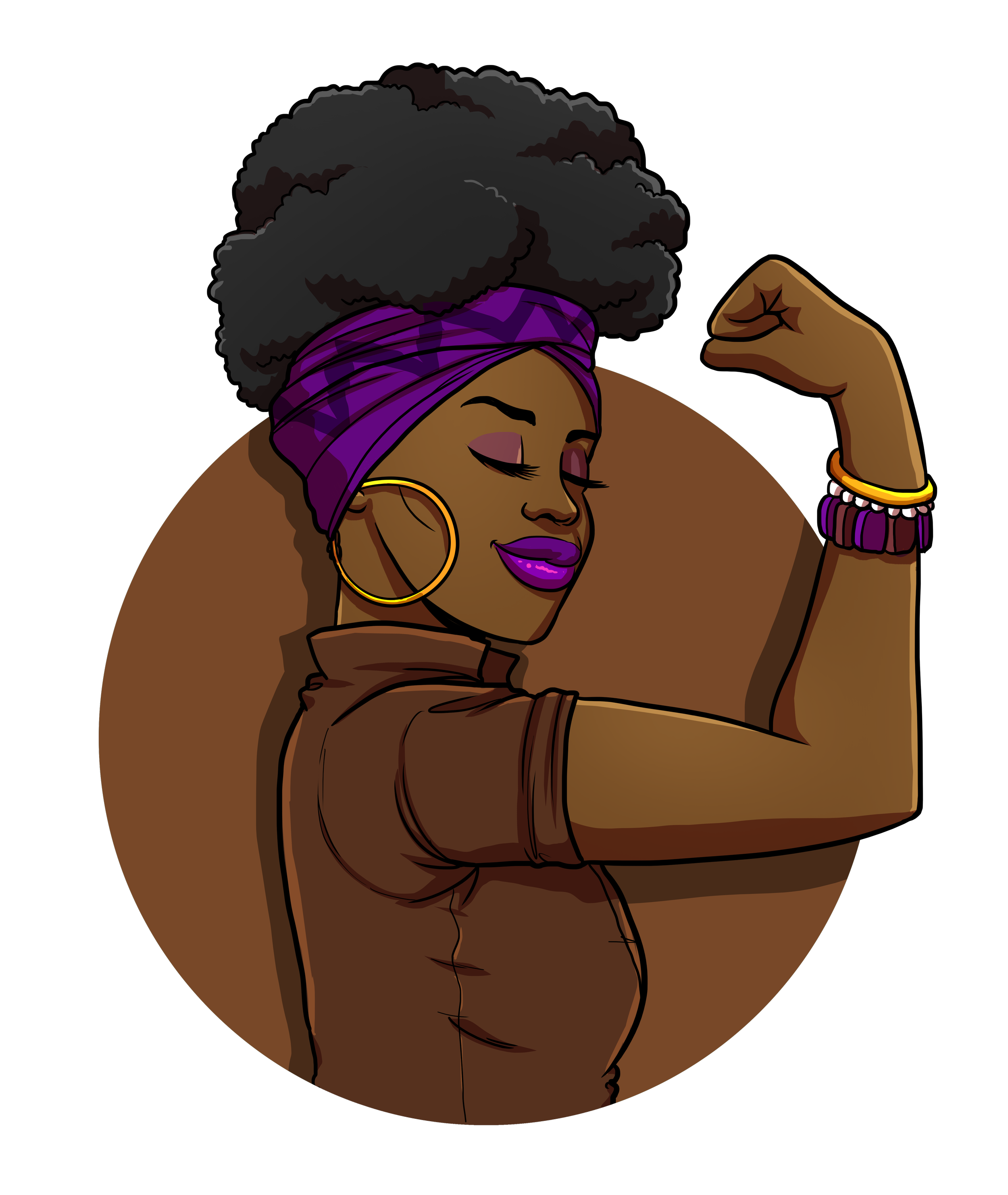As Youth Month comes to a close, let’s reflect…
Image by Sam Nzima
In 1976, the youth of South Africa dramatically changed the course of apartheid rule in South Africa. Before June 16, 1976, the resistance movement had been slowed by the leaders of various resistance movements being tried and convicted at the Rivonia trials of 1963 and 1964. When the apartheid regime attempted to change the language of instruction to Afrikaans, the youth of Soweto attempted to peacefully protest; children attempted to peacefully protest, and they were met with bullets, teargas - violence.
When democracy was achieved in the elections of 1994, June 16 marked a pivotal moment in the apartheid resistance movement. We have intentionally refrained from using the term ‘freedom’ for we are not free if there are people still being oppressed. Women do not know freedom; at least, we don’t know what it is to truly be free and equally protected by the law.
Can we vote? Sure. Can we leave our homes without fearing the threat of grevious bodily harm, rape, or murder? No!
Is that freedom? Not quite.
It isn’t news that South Africa has some of the most dire rates of gender-based violence in the world. Imagine that, a population of less that 40 million, and we are the country where rape, murder, and domestic violence runs rife. Is this our gulag? Is this our concentration camp? Were we born to die?
For women, the fight for freedom rages. Below are personal accounts of what freedom would look like for the women working with WISE 4 AFRIKA…
Kgali Kedijang - “Freedom for me is being able to live out my purpose without any barriers based on what is in between my legs. It is about being seen and treated as human. Valued for my existence, capable of achieving greatness and feeling safe from all forms of violence.”
Brenda Madumise-Pajibo - “Freedom for me as a woman is not having to daily explain and justify my existence.”
Retha Madumise - “Freedom to me means being able to be care free and live your truth wholeheartedly. Freedom removes the pressure to conform and allows you to be unique.”
Onica Nonhlanhla Makwakwa - “Freedom means the ability for women to live without experiencing the indignity of discrimination and the inhumanity of violence; it means a life without the historical unequal power relations between men and women.”
Misa Narrates - “Freedom for me as a woman would be feeling confident about accessing my legal and human rights without experiencing the exhaustion of justifying why I shouldn’t be objectified. Freedom would be not having to gear up for a fight that doesn’t come as often as the fear of it sets in. Freedom would mean I live without waiting to exhale. Freedom would be complete body autonomy.”
Sarah Reddy - “Freedom for me as a woman is to be able to live my life in safety, free of discrimination, violence and sexualisation.”

